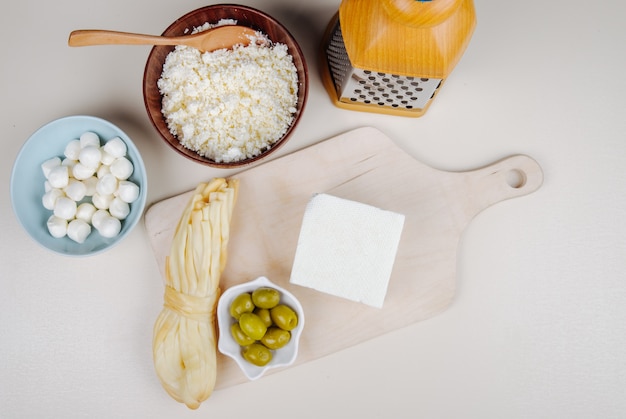
Fermented foods like sauerkraut, kimchi, and kefir are gaining popularity, but do they really benefit your health? The story of Donna Schwenk offers some insights. Thirteen years ago, at 41, Donna faced serious health issues during her third pregnancy. After developing preeclampsia, her baby, Holli, was born prematurely and weighed just four pounds. Struggling with diabetes, high blood pressure, and fatigue, Donna sought out ways to improve her health and care for her newborn.
While exploring a health food store, she discovered “The Body Ecology Diet” by Donna Gates, which highlighted kefir—a fermented milk drink rich in beneficial bacteria. Encouraged to try it, she added kefir to Holli’s bottles and started consuming it herself. Just weeks later, both she and her daughter showed significant health improvements, convincing Donna of the power of fermented foods.
Donna later authored “Cultured Food for Life” and believes foods high in beneficial bacteria, like kefir, can positively affect gut health, digestion, immunity, and even mood. Emerging research supports these ideas, showing potential benefits of fermented foods like yogurt and sauerkraut. This growing interest led to coverage in major media, including the New York Times, recognizing fermented foods as a food trend of the future.
Michael Pollan and other advocates emphasize the wholesomeness of DIY food fermentation. Nutritionists like Kimberly Snyder advise daily consumption of fermented vegetables, claiming they can aid weight loss, improve skin, and boost energy. Research indicates that gut health, supported by good bacteria, is crucial for overall well-being. Experts like Kathie Swift explain that gut health influences digestion, vitamin absorption, and even mood-related chemicals like serotonin.
Scientific studies have observed weight loss in mice after changing their gut bacteria and noted psychological improvements, linking healthy gut bacteria to mental well-being. The gut hosts an enormous population of bacteria, and maintaining a balance of good bacteria is essential. Factors like diet, stress, and medication can affect this balance, potentially leading to health issues such as food intolerances and autoimmune diseases.
Instead of relying on sugary probiotic drinks, nutritionist Daniel O’Shaughnessy recommends a variety of fermented foods to introduce a broad spectrum of bacteria to the gut. Each food, like kefir, sauerkraut, or kombucha, provides different strains beneficial for overall health. Although probiotic pills are an option, they may not be as effective as natural sources like fermented foods.
Fermentation has been around for centuries, part of traditional diets worldwide. It’s a method not only for preserving foods but also for enhancing their nutritional value. Many cultures, including Japan with its miso soup and natto, have long recognized the benefits of such foods. However, moderation is key. Experts like Jill Ciciarelli suggest starting small with fermented foods to avoid digestive discomfort.
Look for fermented foods with live cultures in the refrigerated section of grocery stores, as shelf-stable options may lack beneficial bacteria due to pasteurization. Consider making fermented foods at home for a more personalized approach to improving gut health. Including prebiotic foods like onions, garlic, and oats can further support healthy bacteria growth in the gut.
Different types of fermented foods can easily become part of your diet. Kefir, a fermented milk drink, can be made with various types of milk and is available in various flavors. Miso, a fermented soybean paste, makes for a quick broth or soup stock. Sauerkraut can be homemade by fermenting cabbage with salt. Coconut yogurt and kombucha tea offer tasty alternatives for those looking to expand their probiotic intake.
Incorporating a variety of fermented foods into your diet could enhance your gut health and overall well-being. With continued research and growing awareness, these foods hold promising benefits for numerous health aspects.